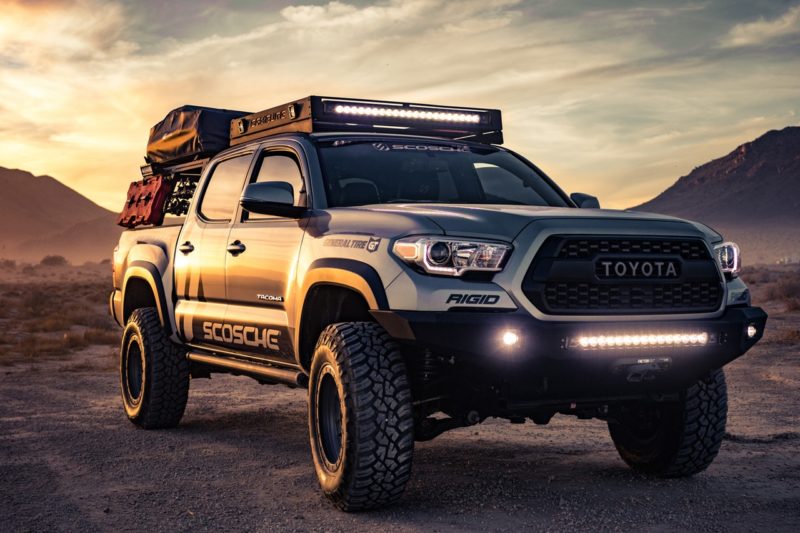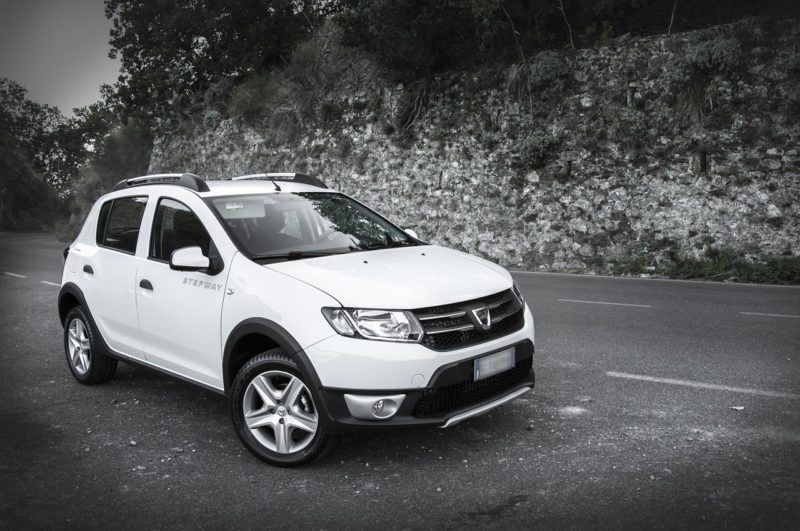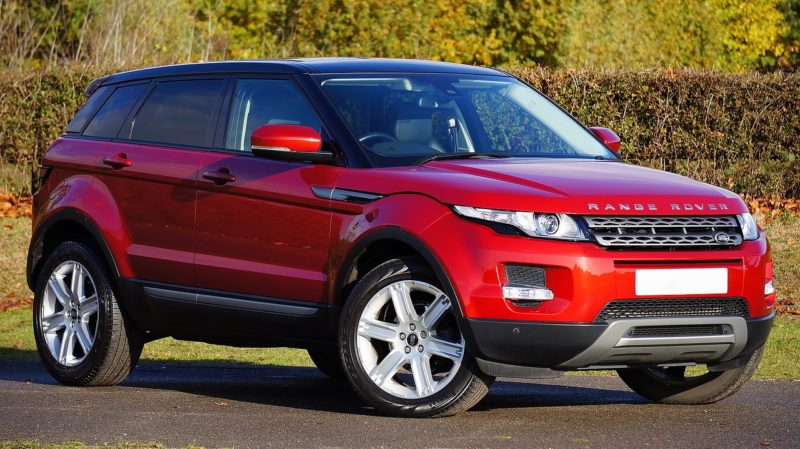Are Brands Really That Important When It Comes To Travelling?
From no-frills airlines like Southwest and RyanAir to pod hotels like Yotel and affordable chains like Holiday Inn, there’s an unfair stigma attached to ‘budget’ products and services. Even your luggage can raise a few eyebrows in certain places if it’s not suitably expensive-looking.
So why do we instinctively distrust ‘budget’ brands and expect the worst? And why are some of us happy to pay for low-quality fakes that look expensive but are of significantly lower quality?
It’s human psychology. We are hard-wired to be suspicious and assume there’s always a catch. And that’s why our hackles get raised. But there’s a clear difference between a ‘catch’ – something that takes us by surprise that we didn’t sign up for, and compromise, which is a trade-off in certain quality factors in order to achieve a lower price.

Compromise is key to getting a good deal. Budget airlines are no less safe or punctual than luxury carriers, but we compromise on legroom and catering to get that low cost flight. Budget hotels still provide a bed and bathroom facilities, but we compromise on luxury extras and space to ensure we can lay our heads on a pillow in our preferred location.
According to the findings of the research team at car recycling company scrap their cars, who recently conducted an in-depth study into the most common Google queries made in the UK, the same suspicions apply to cars. Their efforts revealed that some of the most popular questions centered on why certain brands were so cheap to buy, while others were typically more expensive. In short: people were asking “what are we really paying for?”
This is an instructive example, as it lays out our natural concerns around quality vs price. Cars are amongst the biggest individual purchases the average person will make in their lifetime, and living in the digital age enables us to do more meticulous research than ever when buying our cars. By all accounts, most of us are taking advantage of this, getting savvier than ever about our motors. Inexperienced car buyers in particular have the most to gain from the almost endless troves of information online, and it seems that consequently, first-time buyers are developing a healthy skepticism of cheaper cars.

Why are certain brands cheaper to buy?
Car brands can be cheaper than their competitors for a broad range of reasons; some of them advantageous to buyers, others less so. It can sometimes be down to the simplicity in the car’s design and manufacture, as is the case for many Toyota cars. Parts are more easily sourced, making them easier to replace or repair, and their lack of cutting-edge tech takes an edge off the price (with the added bonus of making them more reliable, as there’s less to go wrong).

Size can often be a factor, with smaller cars coming in at a lower price tag, and the target market matters too. Family cars tend to be, on the whole, modestly priced, because they’re aimed at families who may need to budget. Some cars, such as those from Dacia, are even specifically designed to be cheap.
On the other hand, a car’s bargain price might be a warning of troubles down the line. Alfa Romeo is known for making cars that are cheap, but unreliable; their notably fast production processes enable them to get a greater number of vehicles out the door, but at the cost of the cars’ overall reliability.
Why are certain brands expensive to buy?
Again, we can only talk in broad strokes, but with many luxury brands, it’s a matter of trend and prestige; as well as their finely-honed styles and aesthetics, these luxury cars are built to high-performance specifications through a more meticulous design and construction process, all of which is reflected in their final price. In-car technology like parking sensors and heated seats can make all the difference, too. Some types of car are even subject to seasonal fluctuations in value – convertibles tend to be more expensive to buy in the summer, while Land Rovers and other 4x4s are dearer in the winter.

Some brands hold their value better than others
For newer car buyers, especially, it’s easier to forget about depreciation, cars that are cheaper to buy can often depreciate faster, which means that when the time comes to sell them on, owners are usually left looking at a substantially less hefty sum than they might have been able to sell the car for otherwise. Newer models tend to hold their value better, even when they’re just ‘facelifts’ of time-honoured favourites, such as a 2019 Ford Focus. Extended warranties can also help, as does the car’s fuel economy and overall perceived reliability. On the whole, more expensive cars tend to be viewed as more reliable, which is part of why they generally hold onto their value better than other brands. However, more affordable cars can hold their value quite well too, if they’re widely perceived as reliable.










